Iran warns against Israeli nuclear weapons, calls for time-bound action plan for global disarmament
Iran has once again criticized the Israeli regime for refusing to accede to the Nuclear Non-Proliferation Treaty (NPT), saying the complete destruction of nuclear weapons would require the political will of nuclear states and a time-bound action plan.
Iran’s Representative to the UN General Assembly First Committee Heidar Ali Balouji made the remarks while addressing the committee’s Monday meeting on disarmament and international security held in New York, where he outlined the Islamic Republic’s stance on nuclear arms.
He added that unrelated plans proposed by the US or nuclear countries would fail to lead to nuclear disarmament.
Given the lack of success of consecutive NPT review conferences, he said, there is no prospect for the annihilation of nuclear weapons.
He also said nuclear disarmament has been on the agenda of the international community since 1946 when the UN issued its first resolution in this regard, adding that the world took a step to achieve that goal when the NPT entered into force in 1972.
The Iranian envoy further said nuclear states have failed to fulfill their obligations as per the NPT and have been strengthening their nuclear arsenals quantitatively and qualitatively, adding that their lack of adherence to the treaty is quite evident.
“While all nuclear-weapon states were actively modernizing their arsenals and delivery systems, none were engaged in disarmament negotiations, all explicitly or implicitly justifying that inaction by the doctrine of nuclear deterrence,” Balouji said.
He went on to say that nuclear-weapon states are still breaching their NPT obligations and maintaining their nuclear arsenals, with the United States and the United Kingdom topping the list.
The Middle East has faced a serious impediment, he said, adding that with the support of the United States, the Israeli regime not only defied international calls to accede to the NPT, but it also refused to join regional countries in the elaboration of a treaty establishing the Middle East zone free of nuclear and other weapons of mass destruction.
“Those weapons, in the possession of that aggressor, occupier, apartheid regime, and violator of international law, were increasingly harrowing,” the Iranian diplomat asserted.
He noted that the Tel Aviv regime has consistently threatened other countries with nuclear annihilation.
Balouji also threw Iran’s weight behind a proposal by the Non-Aligned Movement (NAM) to conclude a comprehensive convention on nuclear weapons.
He rejected all weapons of mass destruction, including nuclear weapons, saying it served no purpose to reiterate that Iran should not develop them.
Iran knows that the use of weapons of mass destruction is a violation of international law and a crime against humanity, he clarified.
Israel, which pursues a policy of deliberate ambiguity about its nuclear weapons program, is estimated to possess 200 to 400 nuclear warheads in its arsenal, making it the sole possessor of non-conventional arms in the Middle East region.
The regime has, however, refused to either allow inspections of its military nuclear facilities by the IAEA or sign the NPT.
What has emboldened Tel Aviv to accelerate its nuclear activities, according to observers, is the support that it receives from the United States and Europe, which are both highly critical of Iran’s peaceful nuclear energy program.
Israeli airstrikes on Lebanon reach highest level since Nov. 2024 ceasefire: Report
VIDEO | Venezuelans commemorate 34 years since the start of the Bolivarian Revolution
Iran’s new ground stations to boost satellite control, speed up image reception
Gallup: US stands out for political fear, economic stress
IRGC Navy seizes two fuel smuggling vessels in Persian Gulf
Iran march into AFC Futsal Asian Cup final with win over Iraq
Hamas slams latest Israeli strikes on Gaza, says Netanyahu aims to derail truce
UN group denounces EU’s ‘illegal’ designation of Iran’s IRGC


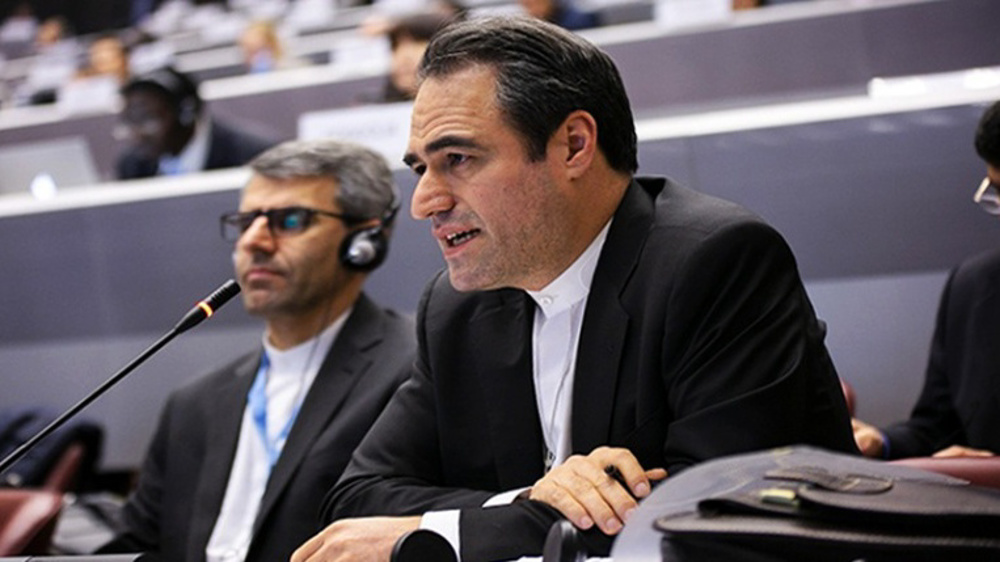
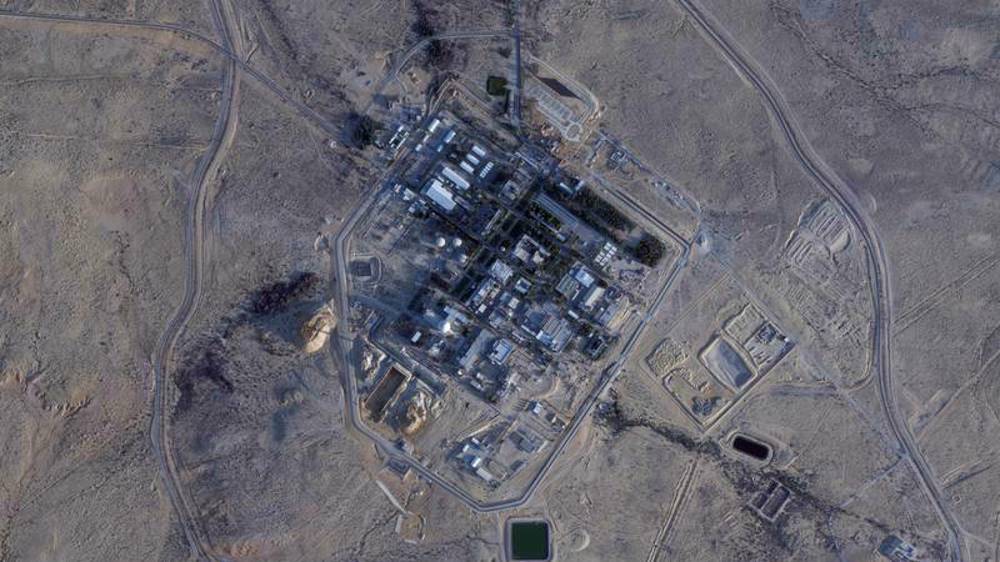
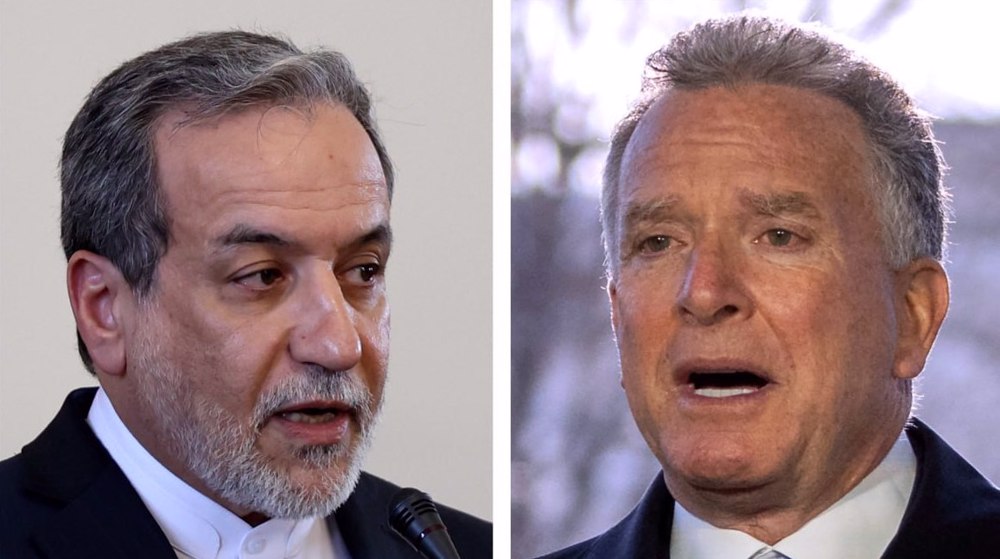
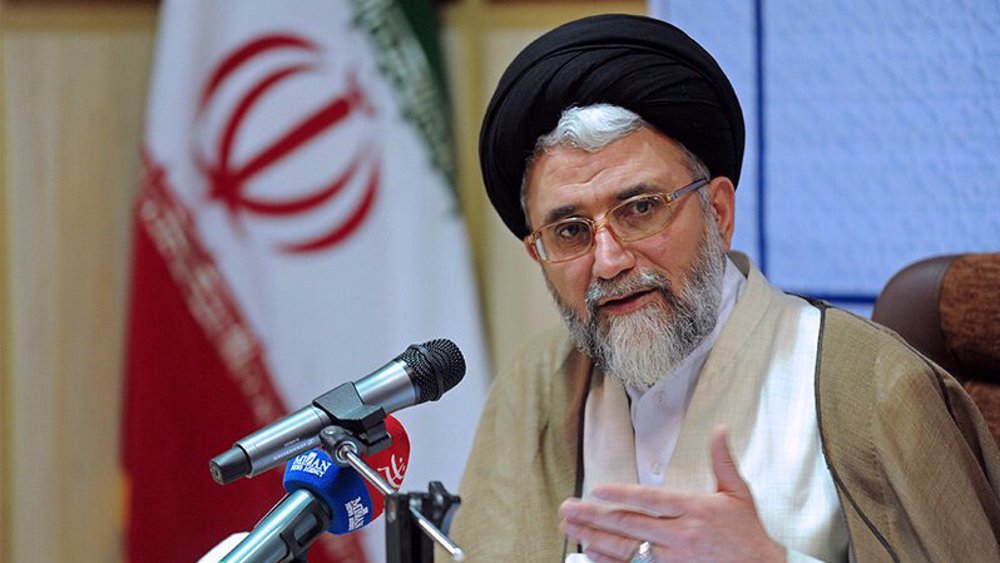
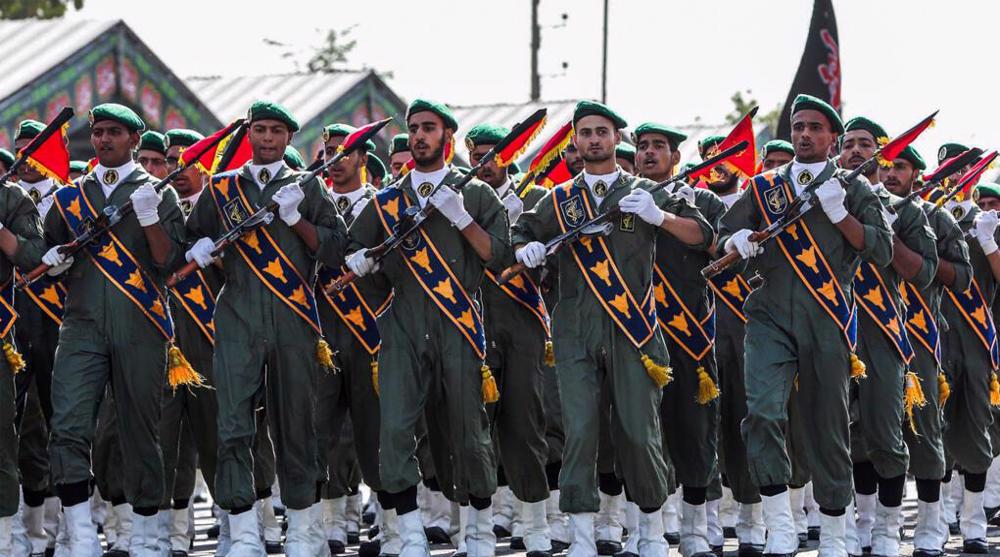



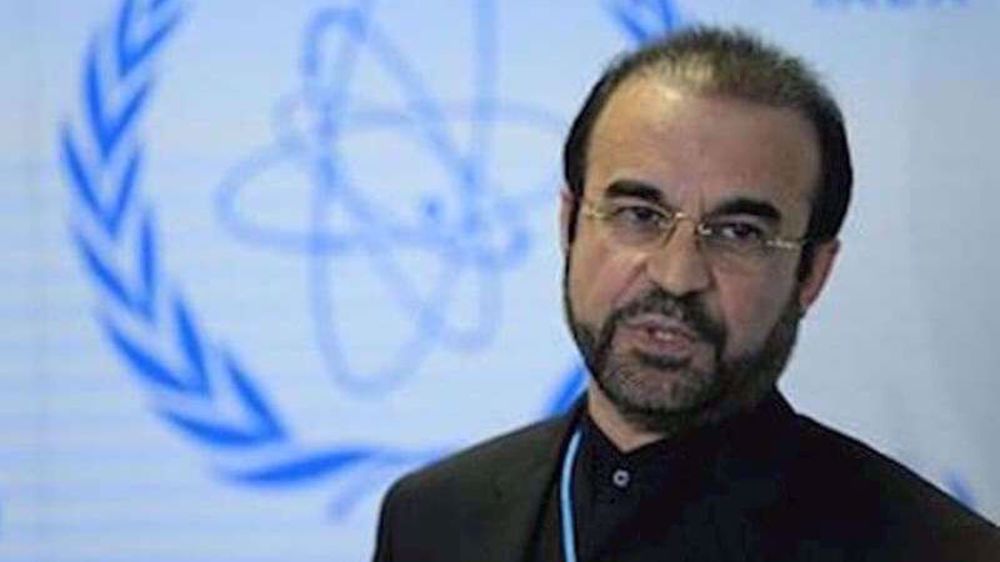
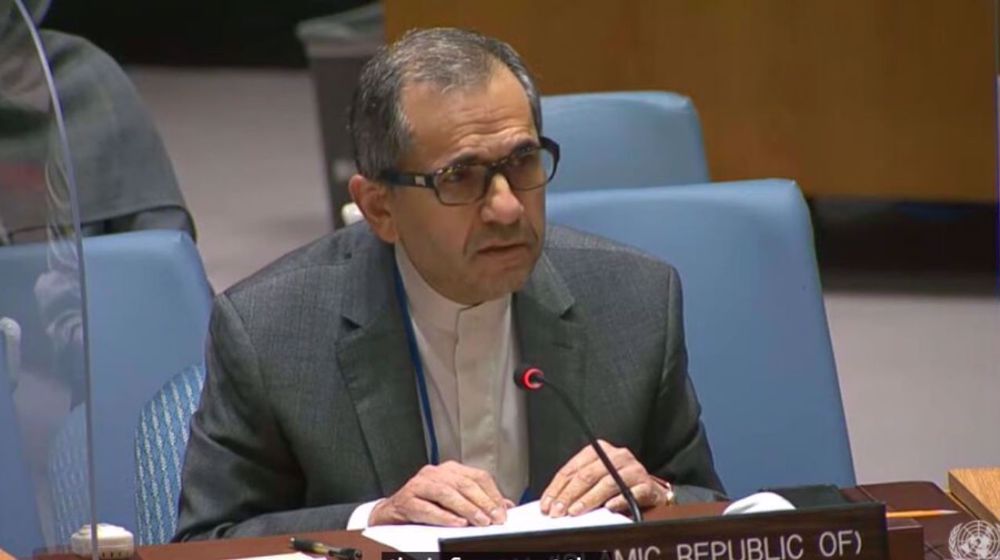
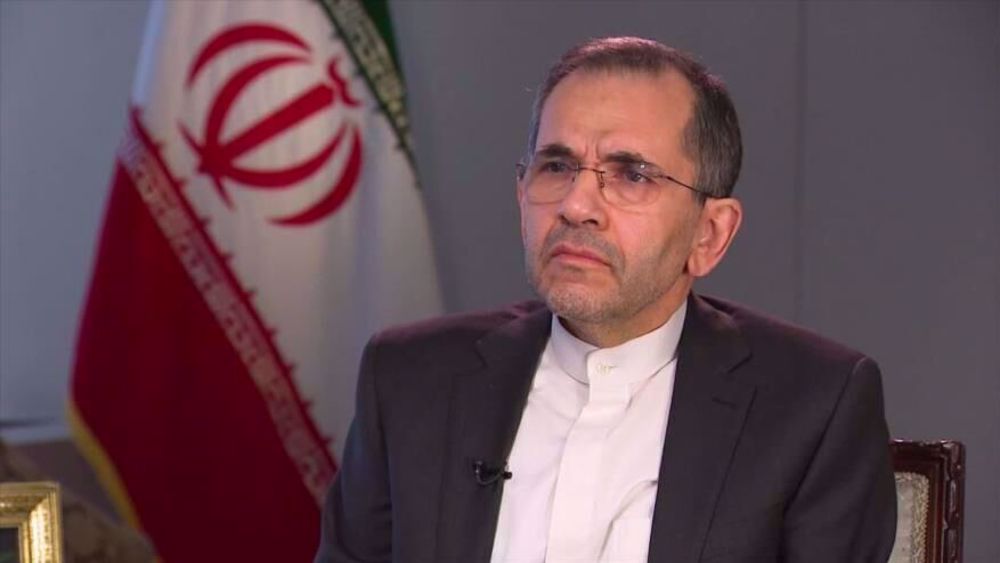
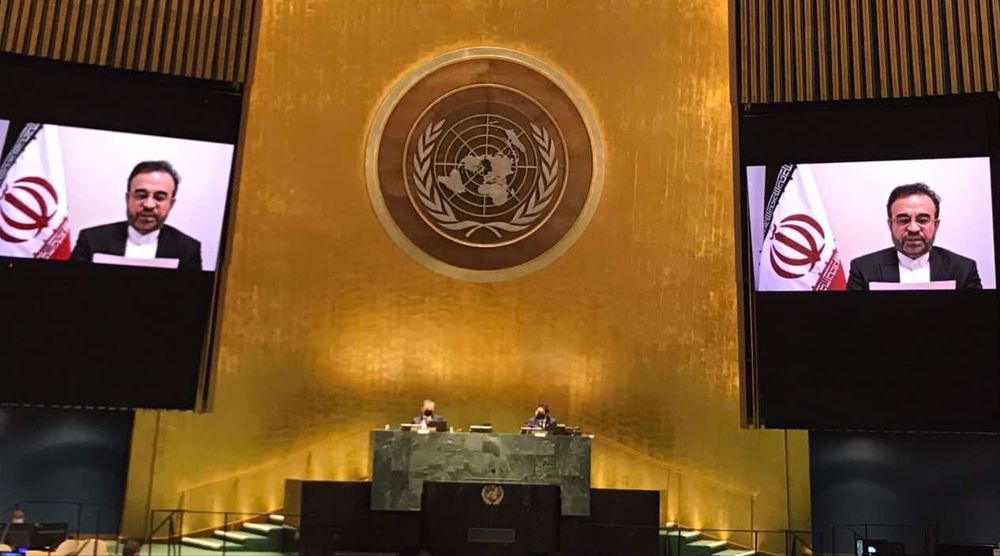

 This makes it easy to access the Press TV website
This makes it easy to access the Press TV website